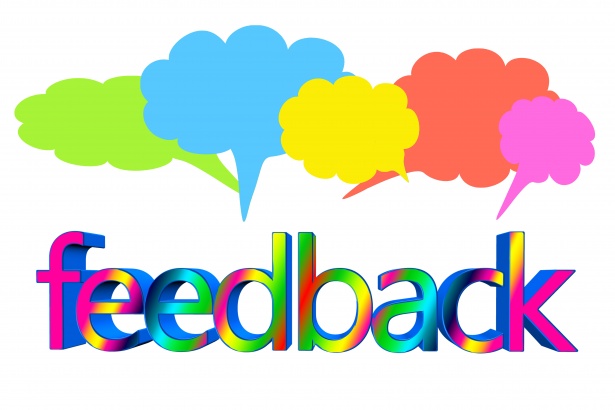Feedback Thoughts for Mythology

(Feedback from Public Domain Pictures)
When I read that the same part of the brain that activates when we feel physical pain is what activates when we experience rejection, I was shocked to some extent. I have had several bad breakups or rejections in the past. And it truly felt like I was in physical pain, but I never suspected that it was due to a reaction within my brain. To some extent, I relate emotions to the soul rather than the brain, though there is plenty of information online about chemicals such as dopamine and serotonin that suggests otherwise. But the study done that showed the relation mentioned previously does make sense to me. When I play soccer in games that matter and are not for recreation, mistakes feel REALLY bad. I played defense, so if I made a mistake that led to a goal, it almost did hurt physically. It was as if my stomach went cold and started hurting, and my entire mentality dropped. I also agreed with what was written in the portion of the article titled "Have zero tolerance for self-criticism." Despite the name, this section mainly runs along the lines of "Analyze your mistakes, but don't condemn yourself for them," and that is something I can get on board with.
The other article I read was the one from Tim Herrera about the difficulties with both giving and receiving negative feedback. I think what's said in the article is probably true, i.e. we suck at taking negative feedback because we suck at giving it to others, so I'll share my "hypothesis" with relation to my story. This seems fair, and does, as the article also says, indicate a general lack of trust among the participating parties. As someone who has been involved with team sports his whole life, this assumption makes sense. The only person you ever really receive constructive negative feedback from is a coach or a parent. Kids are ruthless, and they will straight up tell each other, "You suck," and things like that. With a coach or parent, feedback can't go both ways because the kid doesn't know enough to critique the parent. With kid-to-kid criticism, hearing feedback in the negative manner typically instills a lack of friendship or trust. So you're not used to receiving negative constructive feedback from your peers, and thus are not willing to give any, or you get negative constructive feedback from your superiors, but can not return the action. This makes you worse at
giving it as well, and thus the vicious circle mentioned in the article is formed.
Bibliography:
- Guy Winch, Why rejection hurts so much — and what to do about it, from Ideas.Ted.com
- Tim Herrera, Why It's So Hard to Hear Negative Feedback, from NYTimes

Comments
Post a Comment